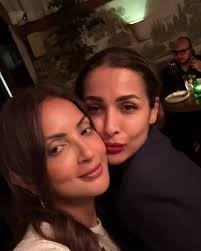Aamir Khan, the renowned Bollywood actor and filmmaker, recently had the honor of meeting President Droupadi Murmu at Rashtrapati Bhavan, the official residence of the President of India. This significant encounter took place against the backdrop of India’s rich cultural heritage, highlighting the importance of the arts and cinema in the nation’s identity. Aamir, known for his impactful films and commitment to socially relevant themes, engaged in a meaningful dialogue with President Murmu, discussing the role of cinema in shaping societal values and inspiring change.
During their meeting, Aamir Khan expressed his admiration for the President’s leadership and vision for the country. He highlighted how cinema can serve as a powerful medium to address pressing social issues, promote unity, and foster a sense of community among diverse populations. The conversation also touched upon the significance of storytelling in Indian culture and how films can act as a catalyst for positive transformation in society. President Murmu, in turn, acknowledged the influence of cinema in reaching out to the masses and emphasized the government’s efforts to support the arts and encourage creative expression.
The meeting held at Rashtrapati Bhavan was not only a moment of personal significance for Aamir but also a reflection of the broader relationship between the arts and governance. It underscored the need for collaboration between artists and policymakers to create an environment where creativity can flourish. As a prominent figure in the film industry, Aamir Khan’s engagement with the highest office in the country serves as an inspiration for many aspiring artists and filmmakers. It highlights the potential of cinema to bridge gaps, foster understanding, and promote dialogue on important issues facing the nation today.
In conclusion, the meeting between Aamir Khan and President Droupadi Murmu symbolizes a meeting of minds from two different spheres—art and politics. This interaction not only celebrates the contributions of cinema to Indian society but also reinforces the idea that leaders in creative fields can play a pivotal role in shaping the future of the nation. As India continues to evolve, such dialogue between artists and political leaders is essential in harnessing the power of storytelling for the greater good, ensuring that the voices of diverse communities are heard and valued.




